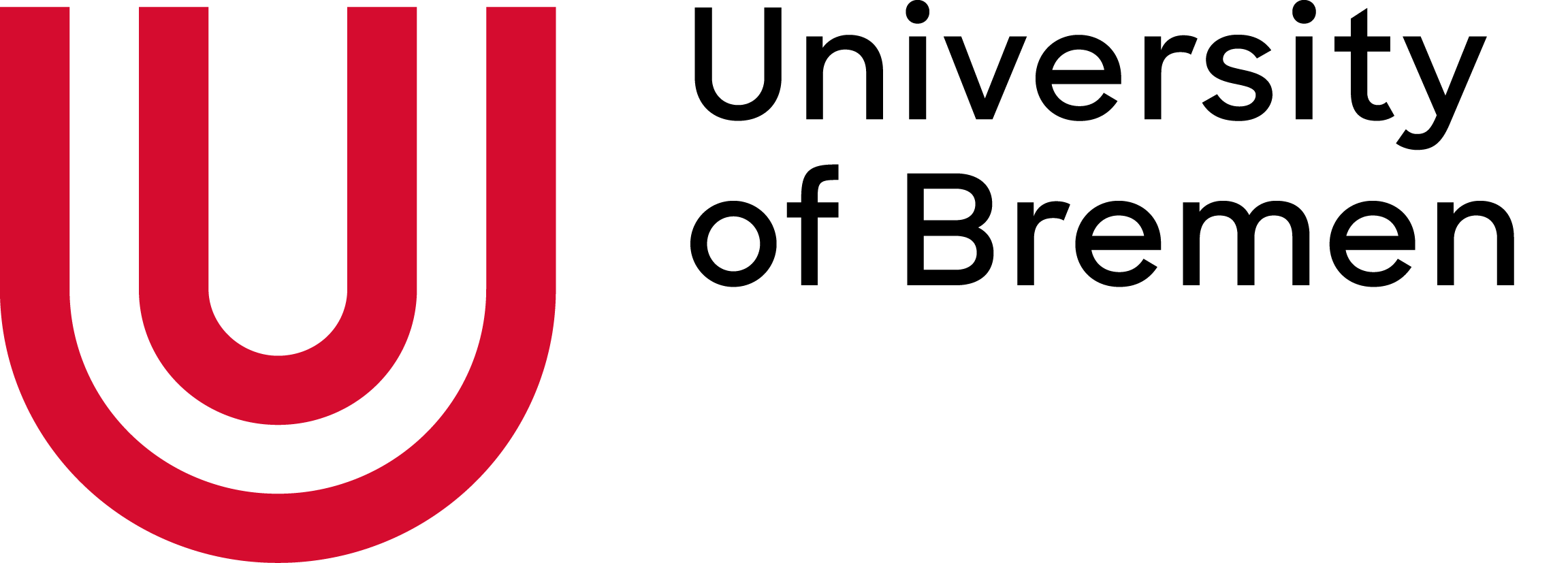Blue-green algae to become popular on Moon and Mars
Humboldt fellow establishes the new Laboratory of Applied Space Microbiology (LASM) at ZARM
The Center of Applied Space Technology and Microgravity (ZARM) at the University of Bremen is expanding their field of research: Humboldt fellow Dr. Cyprien Verseux has established the Laboratory of Applied Space Microbiology (LASM), in which he is conducting his research on cyanobacteria. These microorganisms, also known as blue-green algae in lakes and ponds, could be key to a long-term residence on other planets.
Astrobiologist Cyprien Verseux has already named several – sometimes very exotic – places his home: his homeland France, the capital of Italy, the west coast of America, the Mauna Loa volcano in Hawaii and the Concordia Station in the Antarctic. Now Professor Marc Avila, as his academic host for the Humboldt Fellowship, has succeeded in attracting him to the University of Bremen. Verseux is accompanied by his research objects, the "cyanobacteria": blue-green bacteria that, like plants, carry out photosynthesis and, among other things, produce oxygen. With their help, the few raw materials available e.g. on Mars, can become exploitable for humans.
All-round talent blue-green algae
While cyanobacteria are rather unpopular for keeping swimmers away from the lakes in summer, they are true all-round talents in aerospace. They grow through photosynthesis, can bind nitrogen and are even able to extract nutrients from rocks. With these properties, they are exceptionally well equipped to produce vital goods such as oxygen, fuel, food and medicines from the few basic resources that can be found on Mars. Atmospheric gases, locally extracted water from ground ice and Mars regolith, i.e. fine debris and dust from the Mars surface, are some of the materials that can be exploited by cyanobacteria.
This way, Verseux's research deals with a central problem of space exploration: the supply of food and other consumables for astronauts in a place where resources are scarce. At LASM, he is collecting the necessary data to estimate costs and output of cyanobacterial processes in biological life support systems. Particular attention is paid to determining the optimal atmospheric conditions for the growth of cyanobacteria.
Space exploration continuously developing in Bremen
With LASM, ZARM is expanding its field of research in space exploration. It is an ideal complement to the research project "MaMBA – Moon and Mars Base Analog" funded by the Klaus Tschira Foundation. In this project a habitat is being developed and constructed to enable people to live and work independently outside the Earth. A cooperation between the two projects already took place this year when Cyprien Verseux was part of a scientific team testing the demo version of a MaMBA module during a simulation week. Further exploration topics at ZARM are fire safety for astronautic missions and the possibility of refueling in Moon orbit.
Beyond ZARM, astronautic exploration is also gaining in importance in Bremen. At the Institute for Space Systems of the German Aerospace Center, research teams have been working for some time on plant growth outside the Earth with a special focus on the cultivation of food. At the German Research Center for Artificial Intelligence (DFKI) in Bremen, exploration-relevant robotics play a major role. One example is the support of astronauts by autonomous robots in the exploration of planetary surfaces on Moon and Mars.
About the Alexander von Humboldt Foundation:
Every year, the Humboldt Foundation enables more than 2,000 researchers from all over the world to do research in Germany. The Foundation maintains a network of more than 29,000 Humboldtians from all disciplines in over 140 countries worldwide – including 55 Nobel Prize winners.
Further information:
Cyprien Verseux
cyprien.verseux(at)zarm.uni-bremen.de
0421 218-57830
contact media inquiries:
Vanessa Roolfing
vanessa.roolfing(at)zarm.uni-bremen.de
0421 218-57823



 "
"